Publications
Articles, publications, books, tools and multimedia features from the U.S. Institute of Peace provide the latest news, analysis, research findings, practitioner guides and reports, all related to the conflict zones and issues that are at the center of the Institute’s work to prevent and reduce violent conflict.
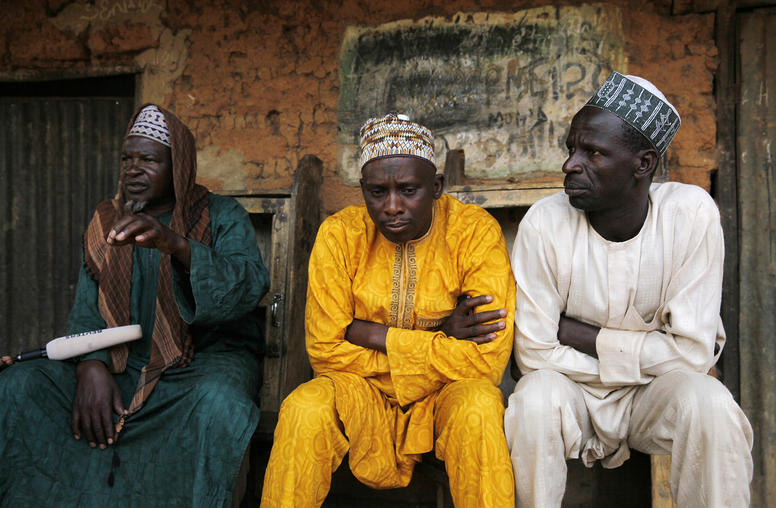
Nigeria’s State Peacebuilding Institutions: Early Success and Continuing Challenges
Three states in Nigeria's conflict-prone Middle Belt—Plateau, Kaduna, and Adamawa—have established peace institutions in recent years. Although the young agencies have made strides toward organizing improved initiatives to quell religious, ethnic, and farmer-herder conflicts in the region, all three face daunting funding and structural challenges. This report provides recommendations for increasing the agencies’ financial stability and organizational independence, helping them build peace in their own states and serve as a model for other states to launch their own peace institutes.

Sarhang Hamasaeed on Iraq’s Progress and Problems
With pivotal elections scheduled for October, USIP’s Sarhang Hamasaeed says Iraqis “want democracy, they’re fighting for it with their lives.” Meanwhile, Iraq is still grappling with simmering discontent among many citizens and the destabilizing role of foreign powers.
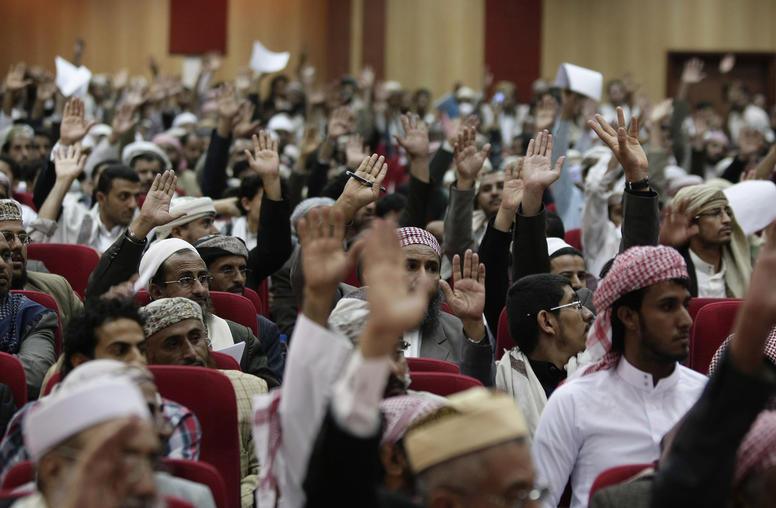
National Dialogues in Peacebuilding and Transitions: Creativity and Adaptive Thinking
At their best, national dialogues hold the promise of adding critical momentum in the drive to transform conflict inclusively. This report examines dialogues in six countries—the Central African Republic, Kenya, Lebanon, Senegal, Tunisia, and Yemen. These diverse processes show the possibilities for fostering dialogue, forging agreements, and driving toward peace; and the report offers extensive guidance on the possibilities and practicalities for those considering convening a national dialogue.
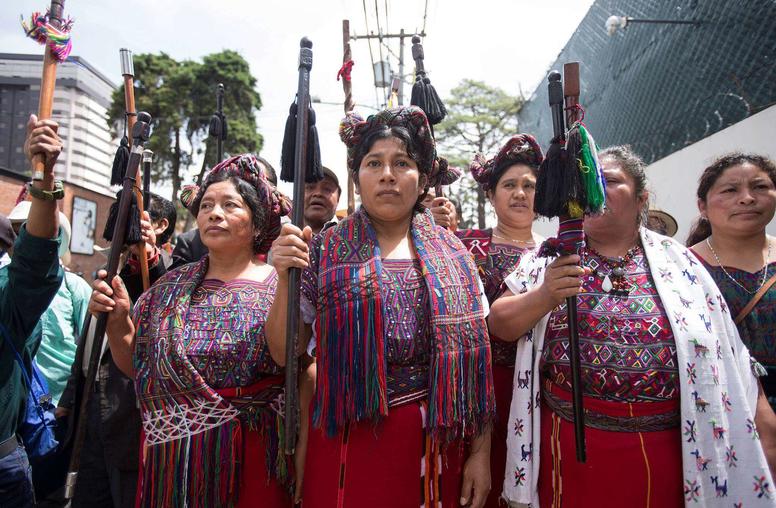
Curbing Corruption after Conflict: Anticorruption Mobilization in Guatemala (Spanish)
Este informe analiza la lucha contra la corrupción en Guatemala llevada a cabo por movimientos sociales en los últimos cinco años, y se hace foco en sus principales éxitos y desafíos al trabajar para avanzar la transparencia, la responsabilidad y la buena gobernanza. Las lecciones aprendidas de los esfuerzos de los movimientos sociales para lograr un cambio positivo en Guatemala pueden aplicarse a otros movimientos del mundo que se encuentran en contextos similares. Las lecciones también tienen mayor relevancia para los actores internacionales que ayudan a los estados a reconstruir la paz y la gobernanza democrática luego de un conflicto violento prolongado.

Keith Mines on Secretary Blinken’s Trip to Colombia
As Secretary of State Antony Blinken travels to Colombia, USIP’s Keith Mines notes there is still work to be done in implementing and expanding the 2016 peace agreement with the FARC insurgency, saying that “consolidating the peace in a place like Colombia was almost as hard as fighting the war itself.”

Donald Jensen on Secretary Austin’s Visit to Georgia, Romania and Ukraine
USIP’s Donald Jensen looks at what Defense Secretary Lloyd Austin’s recent trip to several countries along the Black Sea means for U.S. policy, saying, “We are looking at the region in its entirety … and Romania, Ukraine and Georgia are key players in the broader effort to curb Russian influence in the region.”
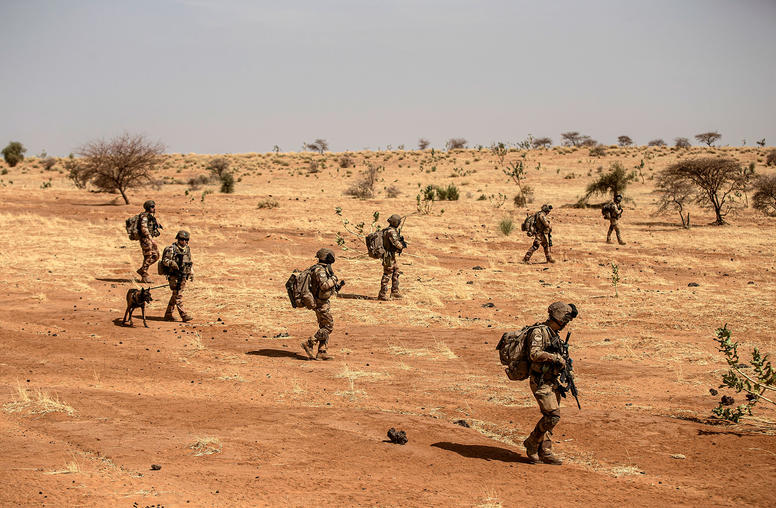
How to Respond to a ‘Year of Coups?’ We Can Try in Mali.
In a year replete with military coups against the principles of democratic rule, this week’s coup in Sudan and a less-noted setback in Mali underscore that U.S. and international policymakers must improve their efforts to support democracy by rebalancing their assistance to fragile states at high risk. Supporting democracy amid this season of coups means targeting that assistance at the root causes of upheaval in regions such as Africa’s Sahel. In part, this means acting quickly—but shifting our focus to long-term stability and human security, rather than simply seeking perceived short-term counter-terrorism gains.

Scott Worden on Afghanistan’s Dire Humanitarian and Economic Crises
As Afghans face mass hunger and economic collapse, USIP’s Scott Worden says it remains to be seen how the Taliban will react to internal and external pressure to address these crises: “Will they respond … by adapting, by softening policies, by being more inclusive or will they have a crackdown?”
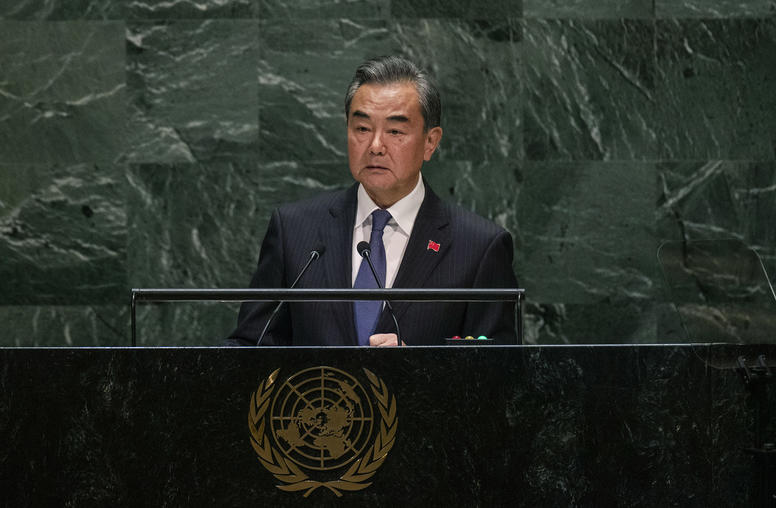
How China Responds to Instability on Its Periphery: Lessons from Afghanistan and Myanmar
China’s timid rhetoric and underwhelming actions vis-à-vis recent political upheaval in two different neighboring countries belie the image of a confident and assertive Beijing. What explains this apparent paradox? Despite the ruling Chinese Communist Party’s outward bravado, combined with unprecedented expansion of China’s regional and global activities and presence, Xi Jinping and his Politburo colleagues remain wary when it comes to taking risks abroad. Certainly, when China believes its interests are being directly attacked, such as in recent disputes with Australia and India, the state has opted for riskier, more aggressive moves. But where Beijing is not a direct party to the conflict, caution can override its willingness to take action that would show its hand or put China in a situation where it is not guaranteed to avoid a messy exit, à la the United States in Afghanistan.
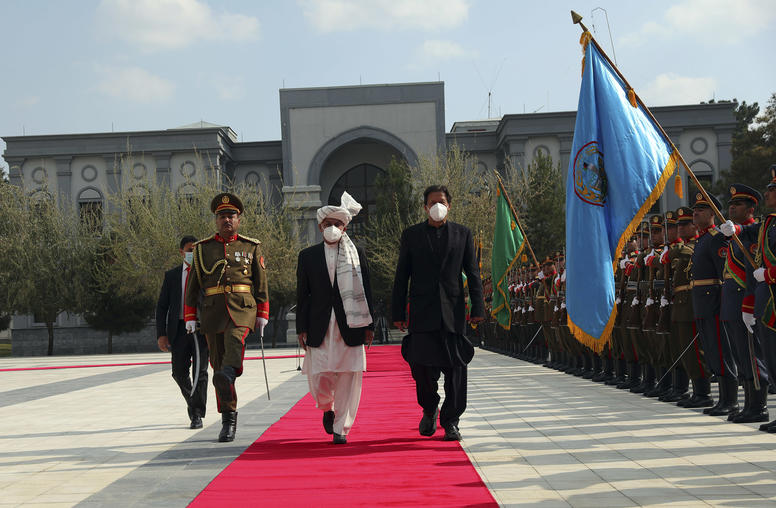
Afghanistan-Pakistan Ties and Future Stability in Afghanistan
The situation in Afghanistan—and with it the Afghanistan-Pakistan relationship—is likely to worsen in the short term. The prospect of a prolonged civil war or full Taliban takeover now looms large as hopes of a negotiated settlement recede. Whatever the outcome, the countries’ bilateral relationship will continue to be shaped by tensions that have characterized it for more than a century. This report examines these sources of tension and identifies potential openings for engagement that could, over time, become sources of stability and growth.